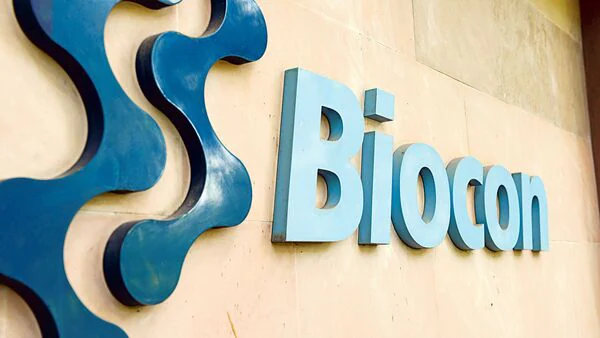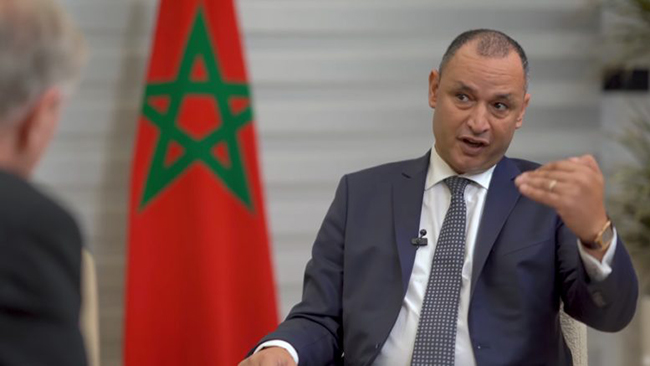Moroccan tourism achieved a record number of incoming tourists during the first nine months of 2024, reaching 13.1 million, compared to the same period last year.
Given this positive performance, Morocco is expected to set a new record by the end of the year, especially if this upward trend continues throughout the remaining months.
However, despite this encouraging data, some tourism experts believe that the increase is largely due to the return of Moroccans living abroad, who typically visit their home country every summer, rather than an influx of foreign tourists.
In an interview with Assahifa, Minister of Tourism, Handicrafts and Social and Solidarity Economy, Fatima Zahra Amour, elaborates on various aspects of this discussion. She reveals significant developments in the tourism sector in recent years, along with projects and plans aimed at boosting tourist attraction, both domestically and internationally.
1-Madam Minister, the figures recorded for the number of tourists who visited Morocco during the first nine months of this year (13.1 million tourists) indicate positive trends for an exceptional year in terms of tourist numbers. However, some experts in the field believe that this increase is primarily due to the massive influx of the Moroccan diaspora rather than foreign tourists. What is your opinion on this?
We are witnessing exceptional performance this year, and we are well on track to achieve an all-time record in 2024. Before discussing the figures, I would like to address the topic of the diaspora, which often comes up. First and foremost, we have a special connection to Moroccans living abroad (MRE), whom His Majesty King Mohammed VI pays particular attention to. Additionally, the Moroccan diaspora significantly contributes to tourism activity. It’s important to note that counting MRE as tourists is not unique to Morocco; in fact, the World Tourism Organization includes the global diaspora as tourists in its statistics. For the past 20 years, MRE have consistently represented between 46% and 51% of arrivals.
Regarding the 2024 figures, they are clear and indisputable: approximately 13.1 million tourists visited our country by the end of September, an 18% increase compared to 2023, which translates to about 2 million additional visitors. This increase pertains to both foreign tourists (+20%, +1.1 million) and MRE (+15%, +886,000), with a more pronounced growth for foreign tourists, although both segments have experienced significant increases. Notably, with the exception of the USA, which has stabilized compared to 2023, we are seeing double-digit growth in all foreign markets.
2-In the same context, experts and tourism stakeholders acknowledge that the increase in tourist arrivals in Morocco is an undeniable positive fact. However, they point out that this increase has not been accompanied by a significant rise in overnight stays and foreign currency revenues. If these data are accurate, what do you believe are the reasons?
For both overnight stays and revenues, we are on a very positive trend. Total overnight stays by the end of August amounted to 18.7 million, up 7% compared to the end of August 2023. This growth is primarily driven by positive results in international demand. I should specify that we recorded a 13% increase in international overnight stays, representing approximately 1.5 million additional nights.
As for tourist revenues, it’s true that we had a difficult start to the year. However, that is no longer an issue. We reached a record of 76.4 billion dirhams by the end of August, a 7% increase compared to the previous year. This exceptional result demonstrates that Morocco’s tourism product appeals to tourists and that our strategy continues to show results. Our goal is to continue creating new experiences that blend authenticity and innovation, encouraging tourists to explore.
3-What is your assessment of the current state of tourist infrastructure in Morocco, and what major projects and plans are aimed at enhancing the attractiveness of Moroccan tourist destinations?
Tourist infrastructure is at the heart of the tourist experience, which is why investment in accommodation capacity and entertainment is a priority in our roadmap. In terms of accommodation, we aim to increase capacity with a target of 150,000 new beds by 2030. To achieve this, we are attracting more investors, developing hospitality capacities in various regions in line with each region’s tourism identity, and supporting hotel modernization through the government program "Cap Hospitality."
We are also looking to improve entertainment and leisure activities to offer tourists a unique experience and encourage them to extend their stay. Go Siyaha program, aimed at supporting 1,700 tourism SMEs, is part of this effort. Finally, we are working on developing high-level human resources, as infrastructure cannot operate effectively without qualified and motivated staff.
Regarding major projects to enhance destination attractiveness, our roadmap is being deployed at a regional level through implementation contracts signed with the regions. Each contract outlines specific projects to develop. Depending on each region's needs, these projects may involve accommodation, entertainment, flagship projects, air connectivity, or promotion. This tailored approach allows us to meet local needs and capitalize on each region's tourism potential.
4-Domestic tourism is extremely important, especially in the face of fluctuations in global markets. What is the ministry's strategy to promote domestic tourism in Morocco, particularly given the economic challenges faced by many Moroccan families currently?
Domestic tourism is indeed a very important focus for us. As I mentioned, it has more than doubled between 2010 and 2023. If we include stays with family/friends and private rentals, the total number of overnight stays climbs to 30 million.
These figures highlight the enormous potential of the domestic tourism market in Morocco. They also indicate that demand exceeds the current supply, particularly during peak periods like summer vacations. Finally, and this is crucial, they confirm that the Moroccan tourist is the primary client of the Moroccan destination.
We are working on several priority areas to strengthen this sector. First, we are developing new products beyond beach tourism, particularly around nature, city break, and culture, which can be enjoyed year-round. Next, we are diversifying the accommodation offer to cater to family travel and the purchasing power of Moroccans. We have accelerated the adoption of implementing texts for Law N°80-14 to incorporate new forms of accommodation, such as homestays and alternative lodging. Lastly, we continue to promote domestic tourism with the Moroccan National Tourism Office (ONMT) campaign "Netla9aw f Bladna,”. The latest wave, launched in October, emphasizes internal mobility within our country, allowing Moroccans to travel smoothly between all regions.
5-One final question, Madam Minister: with the development of digital tourism and the increasing reliance on technology, does the Ministry of Tourism have a strategy or interest in promoting Morocco on international platforms, and on the other hand, in improving the tourist experience regarding the Moroccan destination?
Today, tourism and technology are inseparable. They form a dynamic duo that revolutionizes the travel experience, from planning to discovery.
On the digital front, VisitMorocco has a strong presence on all social platforms, with constantly growing communities. This helps position Morocco as a leading destination in the digital tourism landscape. The ONMT also produces a significant amount of promotional content about experiences and destinations, such as VisitMorocco Originals, which fuels social media and converts potential visitors. We are also launching targeted digital campaigns in several international markets.
Regarding visibility on international platforms, Morocco is already well-positioned, and we have several commercial contracts with Online Travel Agencies like Tripadvisor, Expedia, and Edreams to secure a significant number of clients.
Finally, to further enhance the digital tourism experience, we have launched an incubation program with the Moroccan Agency for Tourism Development (SMIT). This initiative will provide both financial and technical support to startups specializing in travel tech and tourism-oriented gaming. Our goal is to use technology to enrich visitors' experiences and strengthen the attractiveness of our destination.






